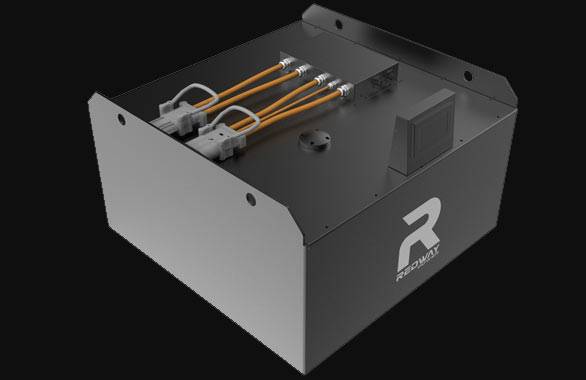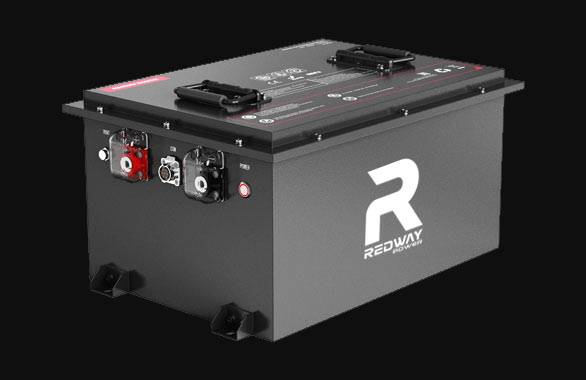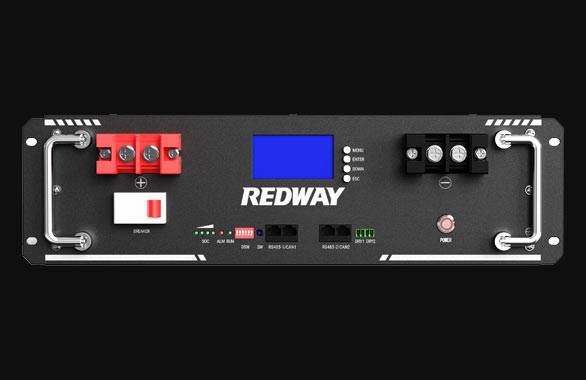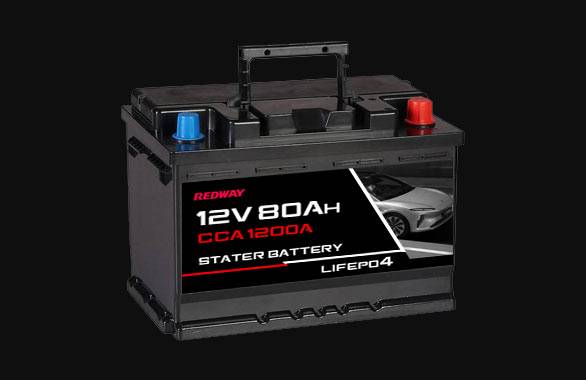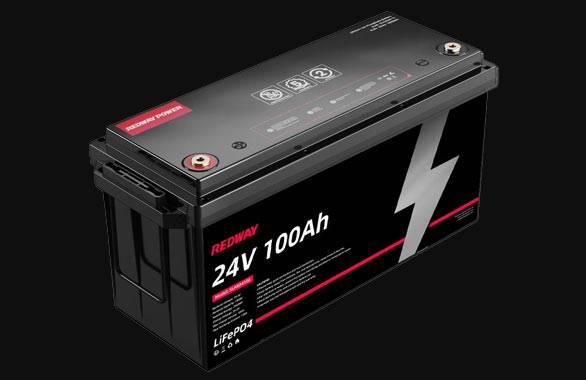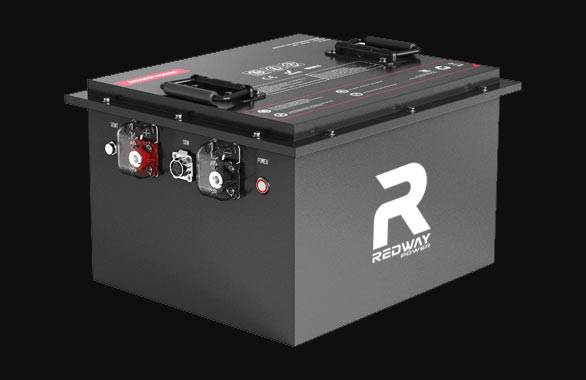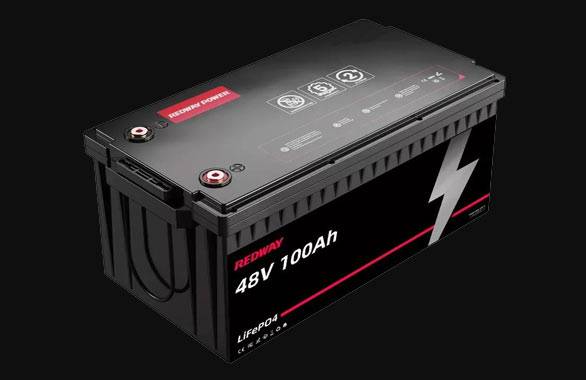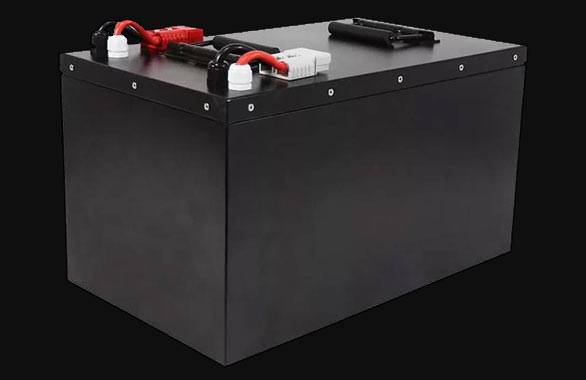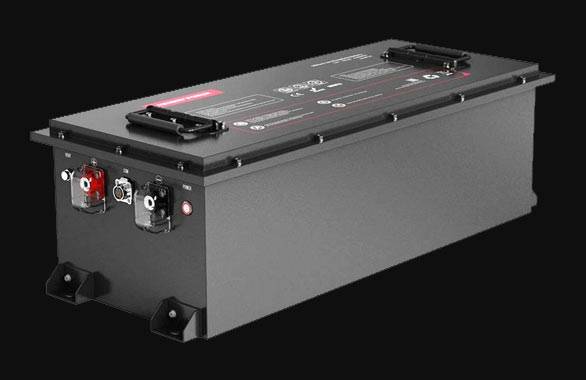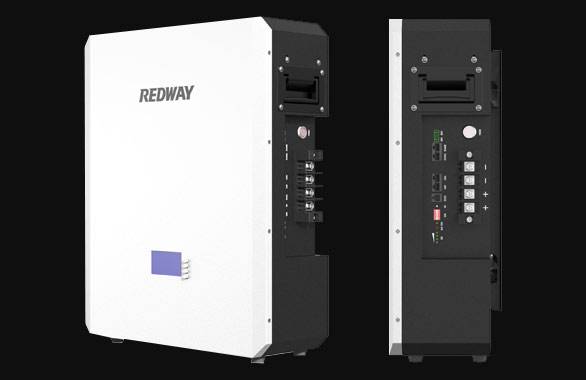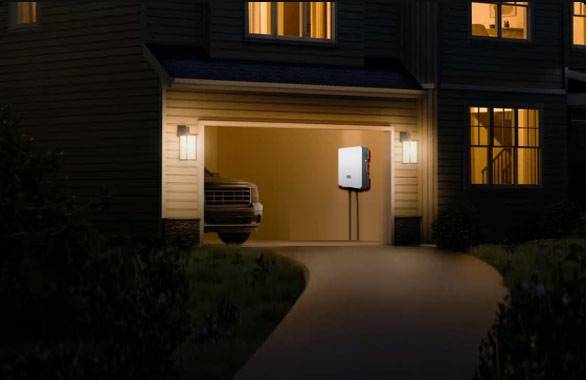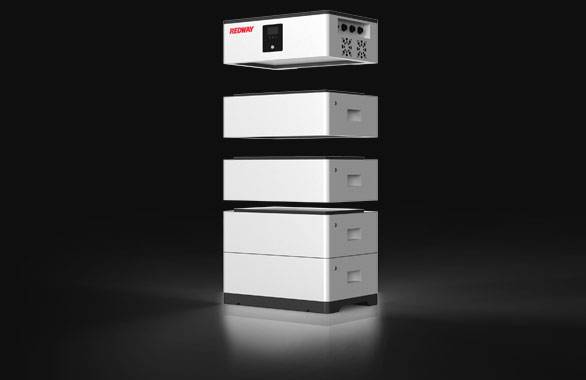- Forklift Lithium Battery
- Golf Cart Lithium Battery
- Rack-mounted Lithium Battery
51.2V 100Ah Rackmount LiFePO4 Battery
8000 times (80% DOD 0.5C)
Optional SNMP for TELECOM - Car Starter Battery
- 12V LiFePO4 Battery
12V 150Ah Lithium RV Battery
Bluetooth App | Self-heating
LiFePO4 | Group 31
UL 1642 | IEC 62619 - 24V LiFePO4 Battery
- 36V LiFePO4 Battery
- 48V LiFePO4 Battery
- 60V LiFePO4 Battery
60V 100Ah Lithium Battery (AGV, AMR, LGV)
Peak Discharge Current 400A
500 x 298 x 349 mm - 72V~96V LiFePO4 Battery
72V 100Ah Lithium Golf Cart Battery
Peak Discharge Current 315A (10S)
740 × 320 × 246 mm - Wall-mounted Lithium Battery
51.2V 100Ah 5kWh
Wall-mounted Battery532 x 425 x 170 mm / LiFePO4
>8000 Cycles (80% DOD 0.5C)
RS485 / CAN-bus
for Solar Home ESS - Home-ESS All-in-One
51.2V 32kWh
All-in-On HESS SystemPowerAll
51.2V / LiFePO4
>8000 Cycles (80% DOD 0.5C)
RS485 / CAN-bus / WiFi
All-in-One for Home ESS
What is Considered Low Voltage: 12V or 24V?
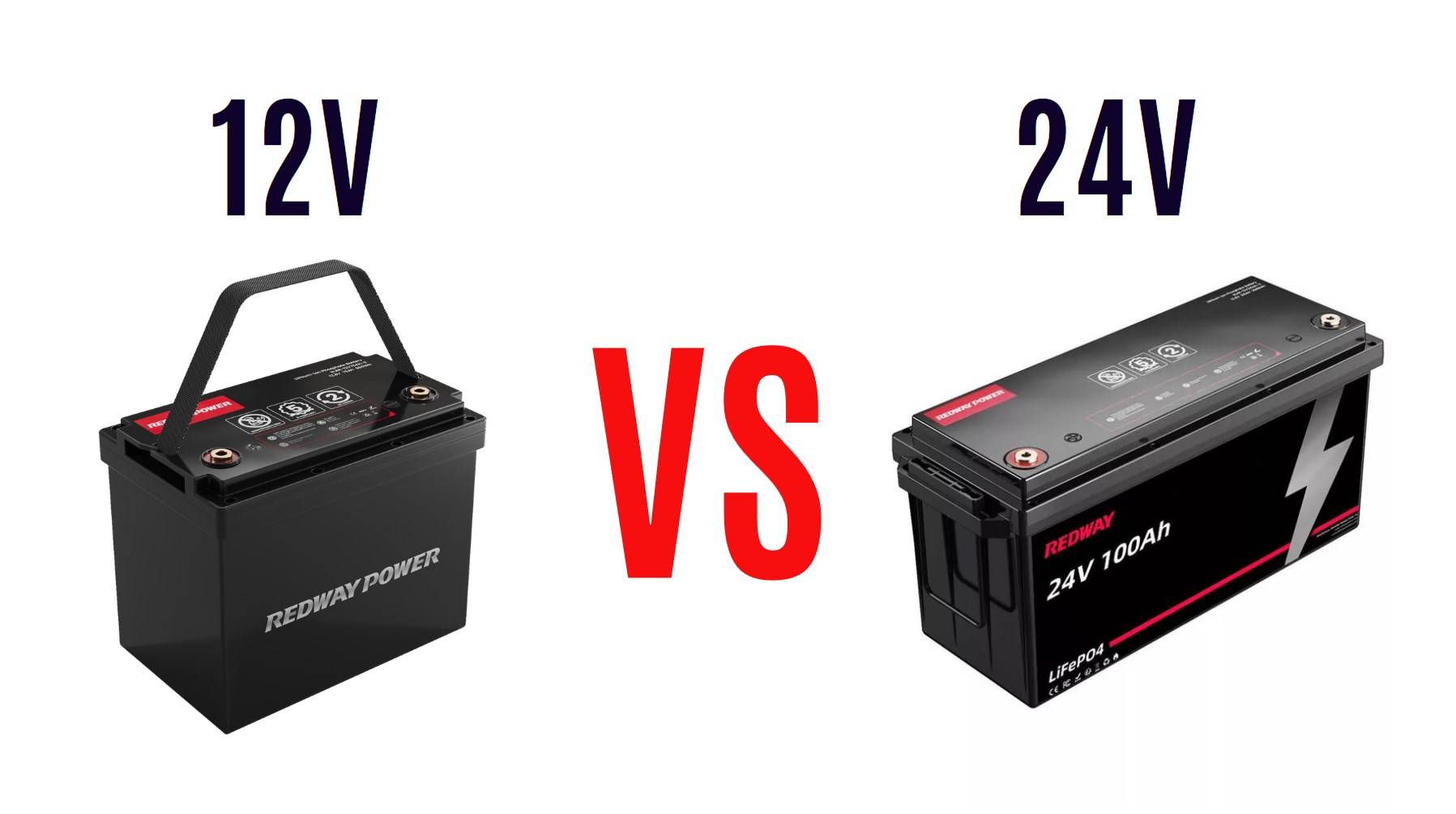
Low voltage typically refers to electrical systems operating at 12V or below in automotive and marine contexts, while 24V systems are considered medium voltage for heavy-duty vehicles and industrial applications. Both voltages serve specific purposes, with 12V common for smaller loads and 24V preferred for higher current and longer cable runs.
What Defines Low Voltage in Electrical Systems?
Low voltage refers to systems that operate at voltages low enough to reduce the risk of electrical shock but sufficient to power devices. In general, 12V and 24V are considered low voltage in DC systems. 12V is common for cars and small marine applications, while 24V suits larger vehicles and industrial equipment needing higher efficiency and lower current.
How Do 12V and 24V Systems Differ?
A 12V system delivers lower voltage, requiring higher current for the same power output, which can increase wire size and losses. A 24V system reduces current, improves efficiency, and allows longer cable runs. However, 24V components are less common and cost more. Selection depends on application, power demand, and safety considerations.
Which Applications Use 12V vs 24V Systems?
12V systems power cars, motorcycles, RVs, and small boats. They are ideal for low-power electronics and lighting. 24V systems are standard in trucks, buses, heavy-duty vehicles, and solar energy setups, where high current efficiency and reduced voltage drop are crucial. The choice ensures reliable operation and optimal battery life.
Why Is Low Voltage Important for Safety?
Low voltage reduces electrical shock risks and simplifies insulation and protective device requirements. Systems under 50V DC are generally considered safe for direct contact. In automotive and marine contexts, 12V and 24V systems prevent high-voltage hazards while still supplying sufficient power for motors, lights, and electronics.
Can 12V and 24V Batteries Be Interchanged?
Directly interchanging 12V and 24V batteries is not recommended due to voltage mismatch, potential equipment damage, and safety hazards. Instead, multiple 12V batteries can be connected in series to create 24V, or 24V batteries can power systems designed for 24V. Proper wiring and matching specifications are essential.
How Do Battery Voltage Ratings Affect Performance?
Battery voltage determines system design, current flow, and power delivery. A 24V system delivers the same power as 12V but at half the current, reducing heat loss and improving efficiency. Properly matching voltage to equipment ensures optimal performance, longer cable life, and safer operation in automotive, marine, and industrial applications.
Where Can I Purchase Reliable 12V and 24V Batteries?
Trusted sources like Redway Power offer OEM-quality 12V and 24V batteries for automotive, marine, and industrial use. Ensure compatibility with your system’s voltage, capacity, and type (AGM, lithium, or lead-acid). Redway Power provides durable, high-performance batteries with manufacturing quality controls and MES systems for consistent reliability.
Redway Power Expert Views
“Understanding low voltage is critical for both safety and efficiency,” explains a Redway Power expert. “12V and 24V systems each serve specific needs. Always choose the correct voltage for your application, use proper cabling, and maintain batteries to maximize lifespan. Redway Power ensures high-quality battery solutions for both voltages.”
Conclusion
Both 12V and 24V systems are considered low voltage but differ in efficiency, current, and applications. Selecting the right voltage ensures safety, optimal performance, and battery longevity. 12V suits smaller vehicles and devices, while 24V serves heavy-duty and industrial systems. Proper maintenance and manufacturer guidance, such as from Redway Power, guarantee reliable operation.
FAQs
Which is safer, 12V or 24V?
Both are low voltage, but 12V is slightly safer for direct contact due to lower current.
Can I convert a 12V system to 24V?
Yes, by connecting two 12V batteries in series, but ensure equipment compatibility.
Why do trucks use 24V instead of 12V?
24V systems reduce current for high-power loads, improving efficiency and reducing voltage drop.
Are 24V batteries compatible with 12V devices?
No, connecting a 24V battery to a 12V device can damage the device.
How does voltage affect battery lifespan?
Correct voltage matching reduces stress on the battery and electronics, extending overall life.


